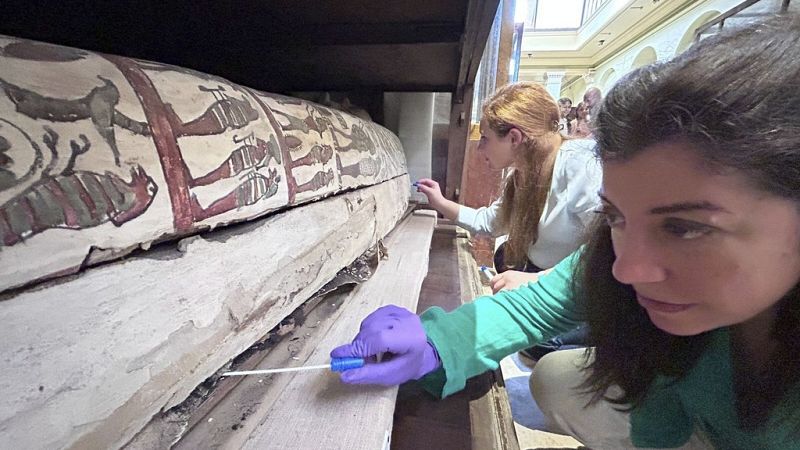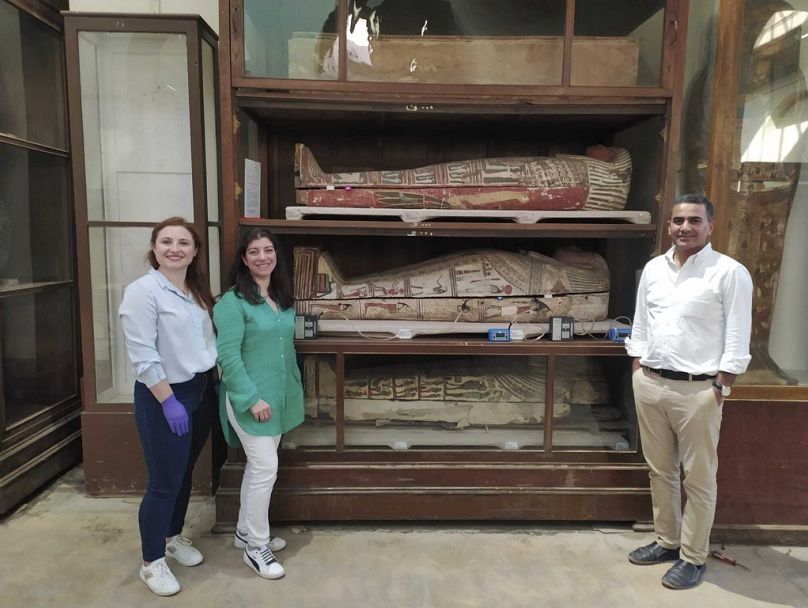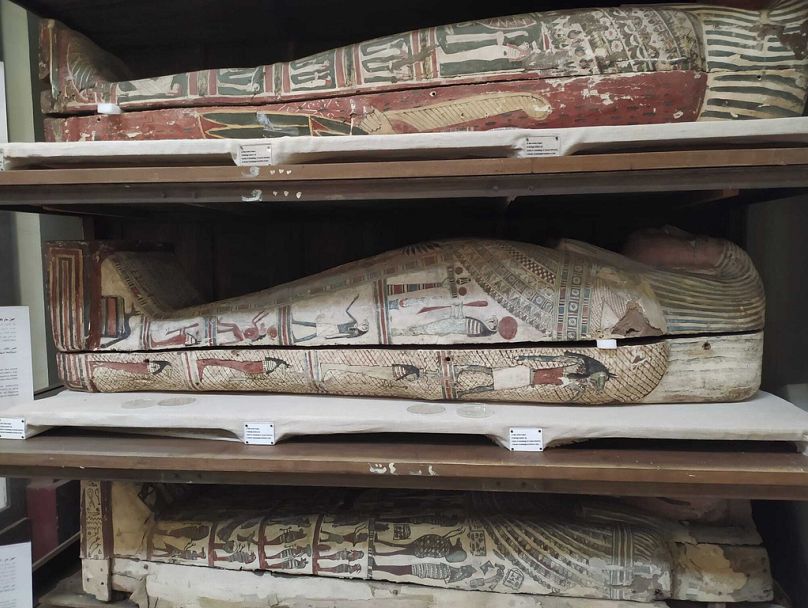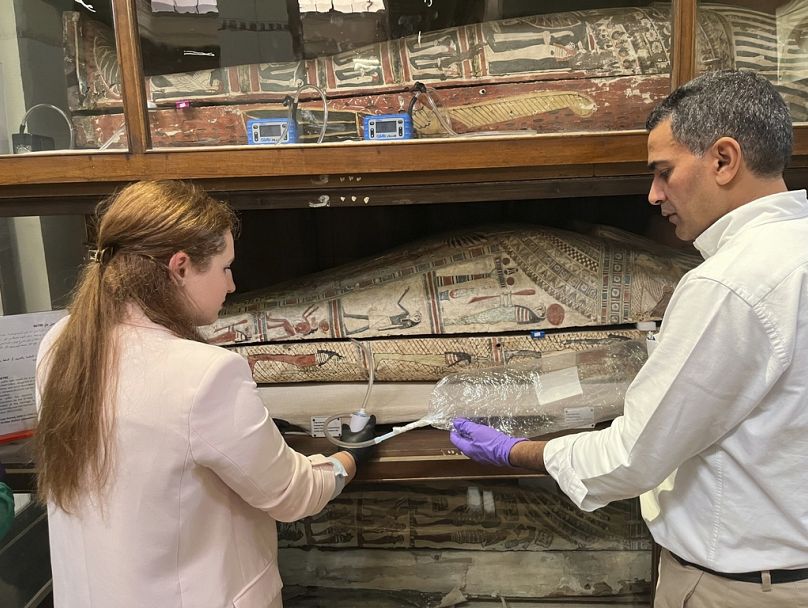New study reveals that ancient Egyptian mummies smell ‘spicy’ and ‘sweet’

Researchers from UCL and the University of Ljubljana have made history with a groundbreaking study, the first to systematically analyse the smells of mummified bodies.
Using a combination of high-tech tools like an electronic ‘nose’ and trained human sniffers, they studied nine mummies on display and in storage at Cairo's Egyptian Museum. The results, published in the Journal of the American Chemical Society, offer a fresh perspective on ancient embalming materials and the way museums conserve these ancient artefacts.
“The smell of mummified bodies has for years attracted significant interest from experts and the general public, but no combined chemical and perceptual scientific study has been conducted until now,” Professor Matija Strlič, lead author of the study, said in a statement.
“This ground-breaking research really helps us better plan conservation and understand the ancient embalming materials. It adds another layer of data to enrich the museum exhibition of mummified bodies.”
Odours are molecules released by a substance into the air, and the team used a gas chromatograph and mass spectrometer to identify chemicals emitted by the mummies. Alongside the instruments, a panel of trained sniffers described the scents' quality and intensity.
This method helped distinguish between the odours caused by the original mummification process and those resulting from modern efforts to conserve the mummies.
For Dr Cecilia Bembibre, another of the researchers, two particular aspects of the study stood out: “First, new information was revealed by the smells, highlighting the importance of using our senses to understand the past.
Secondly, while most of the studies on mummified bodies have taken place in European museums so far, here we worked closely with Egyptian colleagues to ensure their expertise and perceptual experience were represented, and we jointly developed an ethical and respectful approach to studying the mummified bodies.”
One key takeaway from the research is that the ancient Egyptians were very aware of how smell was tied to the purity of the deceased, especially when embalming gods and pharaohs. The process involved oils, resins, and balms like pine, cedar, myrrh, and frankincense, which still give off a pleasant aroma, even after 5,000 years.
“To the ancient Egyptians, mummification was an important mortuary practice aimed at preserving the body and soul for the afterlife through a detailed ritual of embalming of the deceased using oils, waxes and balms,” Professor Ali Abdelhalim, co-author and director of the Egyptian Museum in Cairo, said.
“The practice evolved over time, and identifying different techniques and materials used offers insights into the era, location and socioeconomic status of the individual being mummified.”
The study is also paving the way for something new in museum exhibitions. In the future, the team hopes to create ‘smellscapes’ – recreations of the smells of ancient mummified bodies – which could be used in museums to help visitors experience history in an entirely new way.
This groundbreaking research, therefore, isn’t just enriching our knowledge of the past – but also shaping how we interact with it.
Today




